Tunneling In Complex Systems
Quantum tunneling is an intriguing phenomenon arising in a multitude of physical contexts. New experiments in systems as wide ranging as superdeformed nuclei, Bose-Einstein condensed gases, and nanomagnetic systems are spurring theoretical studies into the fundamental nature of tunneling. In this volume, the articles include: (i) tunneling out of a metastable state, (ii) coherence between two wells in tunneling contact, (iii) the consequences of the nature of the underlying dynamics (i.e. regular motion, chaos or some mixture) in low-dimensional systems and its connection to newly identified tunneling phenomena such as chaos-assisted tunneling, (iv) nanomagnetic systems with focus on comparing environmental descriptions of nuclear spins and oscillators, (v) solitons in Bose condensates, (vi) tunneling out of the nuclear superdeformed well and its use as a probe of pairing and chaos in excited nuclear states, and (vii) problems linked to the Bose condensed phase of atomic alkali gases.These subjects and others are gathered in six pedagogical courses given during the spring of 1997 at the National Institute of Nuclear Physics program “Tunneling in complex systems”. The purpose of the courses was to give graduate students and postdoctoral researchers exposure to a sampling of such recent theoretical advances and experimental contexts of tunneling as well as a bridge for the communication gaps between researchers in the various fields concerned with tunneling.
{{comment.content}}
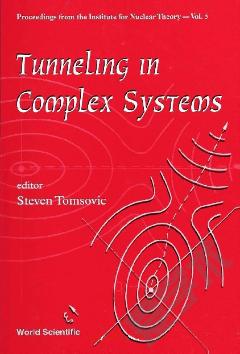
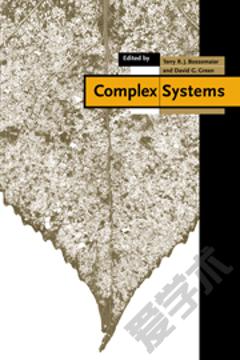

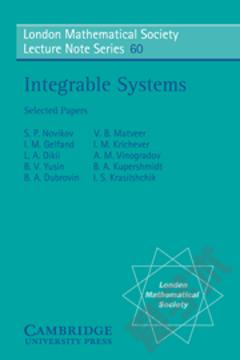
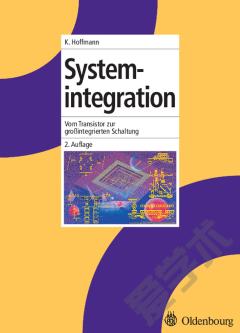
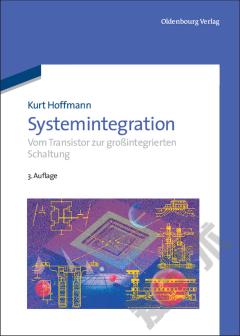


 京公网安备 11010802027623号
京公网安备 11010802027623号